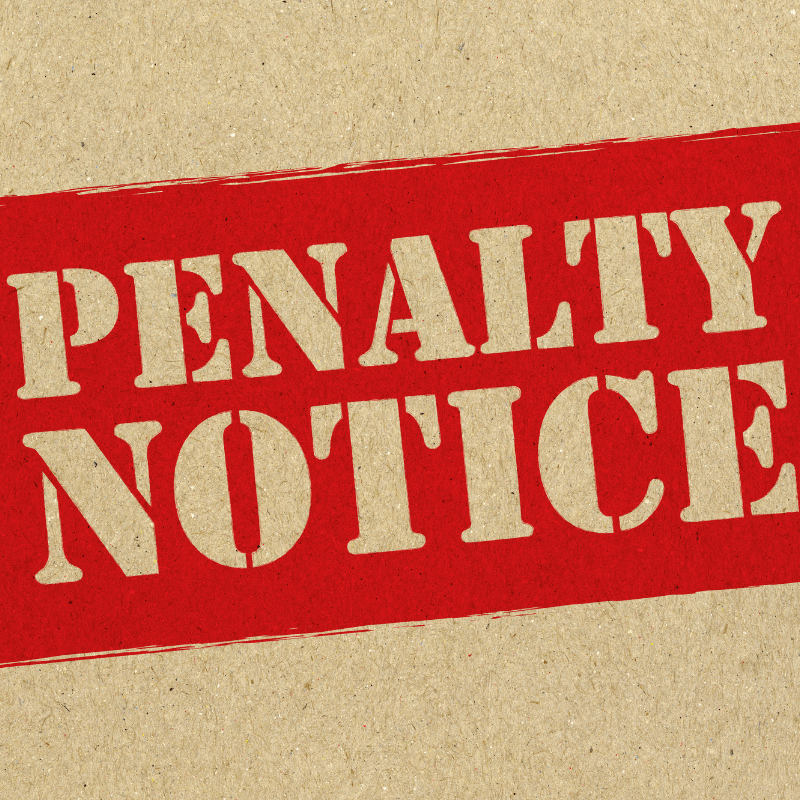If you’ve received a Coronavirus support grant but were not eligible or you have been overpaid, there are penalties you may have to pay if you do not tell HRMC.

HMRC may charge a penalty if you fail to tell them about an overpayment for one of the following schemes:
- Coronavirus Job Retention Scheme
- Self-Employment Income Support Scheme
- Eat Out to Help Out Scheme
What is a ‘failure to notify’
If you receive a coronavirus support payment that you were not entitled to, you must tell HMRC about this by the end of the notification period. If you do not do this, it is called a ‘failure to notify’.
The notification periods for each scheme are outlined in the full guidance.
Circumstances where HMRC will not charge you a penalty for a ‘failure to notify’
HMRC may not charge you a penalty for a failure to notify if all of the following apply:

Further details on what HMRC deems to be a ‘reasonable excuse’ are outlined in the guidance.
How you will be notified about a penalty
HMRC will write to tell you how much the penalty is and how they have worked it out. If there’s anything about the penalty that you do not agree with, or if you think there is any information they have not already taken into account, you should tell them straight away. They will then send you a penalty assessment notice.
In certain circumstances you may also have to pay interest on the penalty if you do not pay it on time.
Further details
The full guidance published by HMRC covers how HMRC works out how much the penalty will be and how to appeal against a penalty.
It is really important that you inform HMRC as if you are found to have received a Coronavirus support grant and knew that you were not entitled to it, or there was a change in circumstance that stopped you being entitled to the grant but you didn’t tell HMRC in the specified notification period, then the law treats the failure to notify as ‘deliberate and concealed’.
| Please do not hesitate to contact us if you would like to discuss any of the matters outlined above. |
Source: gov.uk
